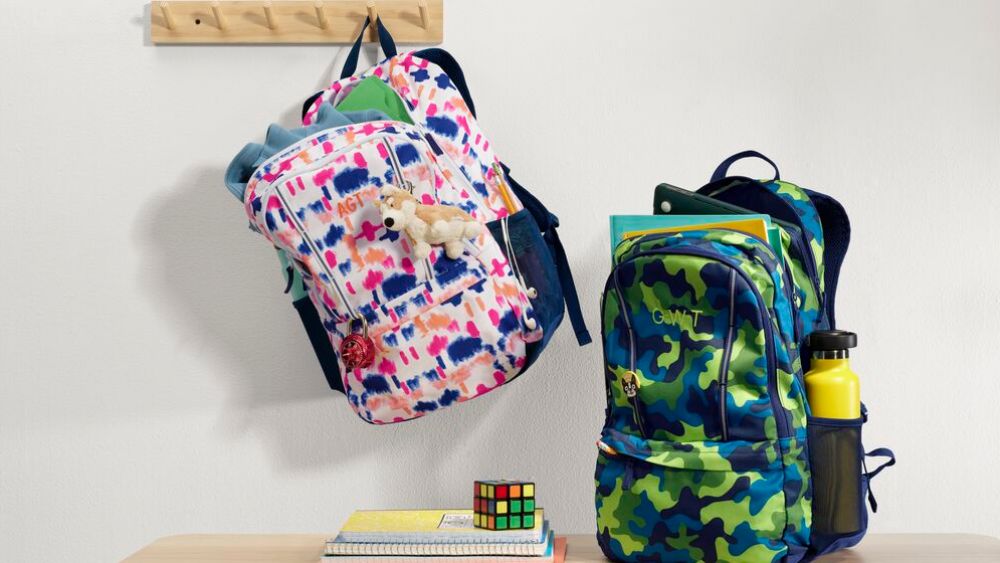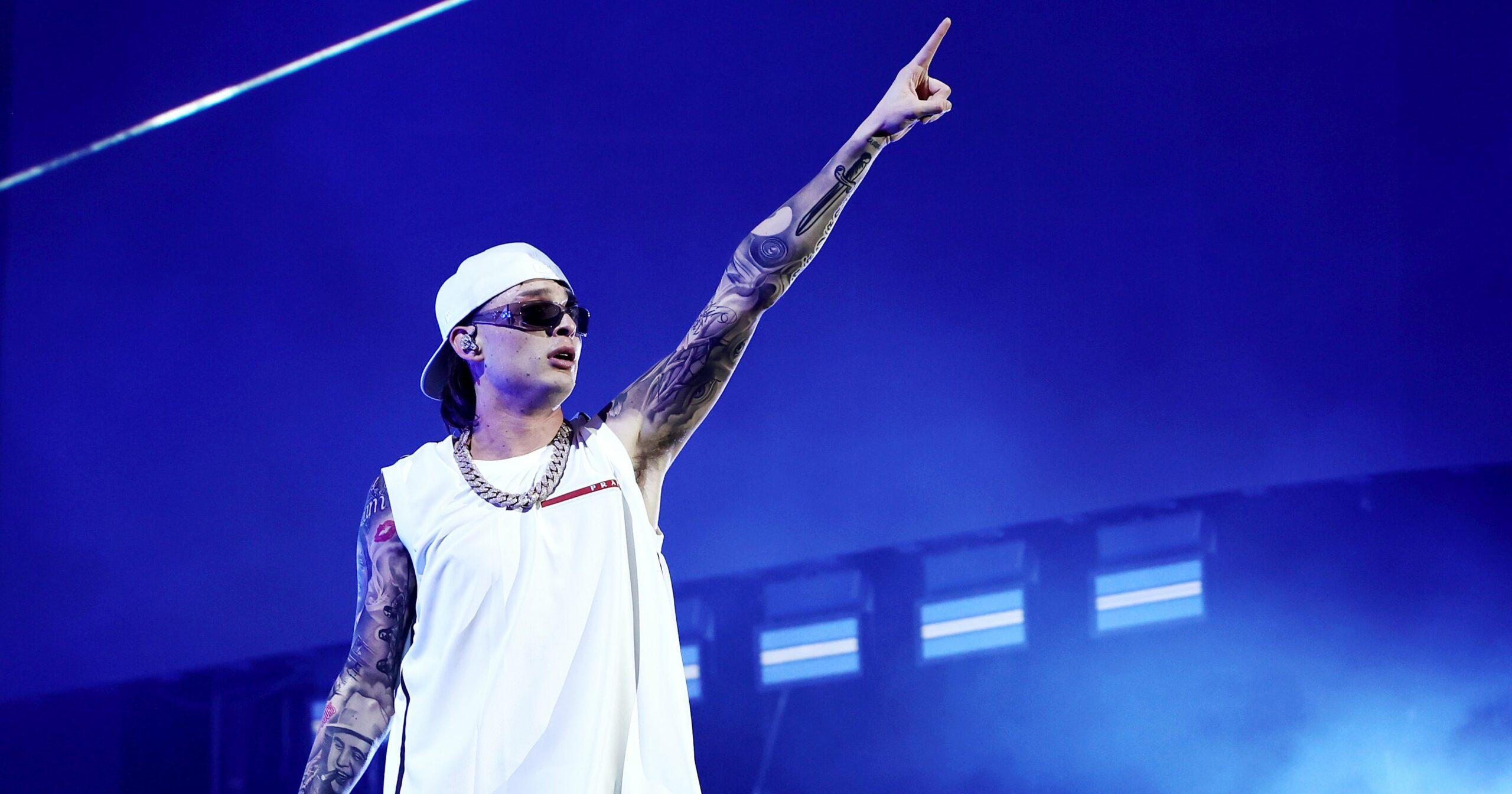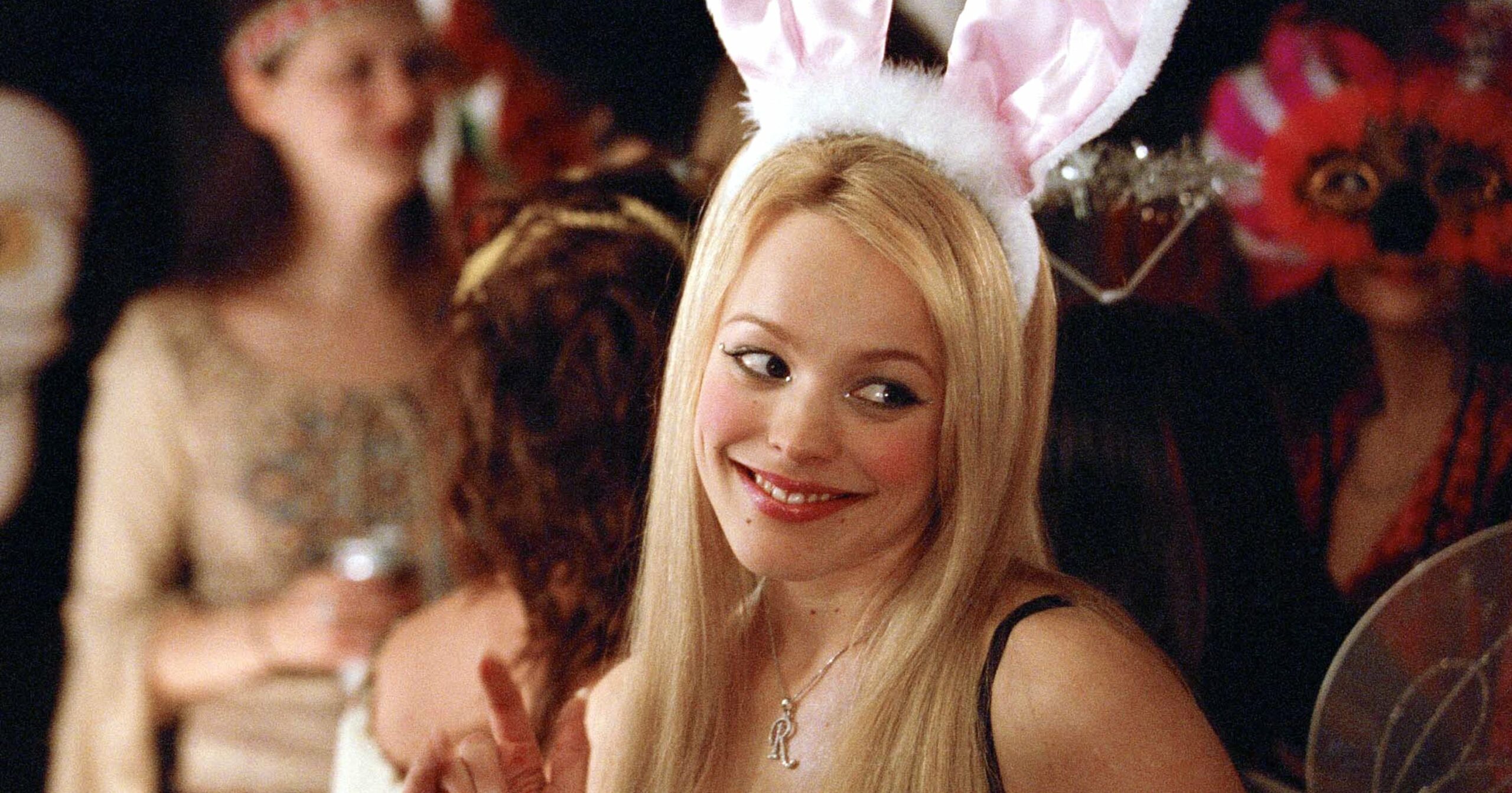It’s still early days, but the 2024 back-to-school retail season is already barely getting a passing grade, according to prognosticating industry experts.
Inflation, blazing heat through much of the summer, weakening consumer confidence and a desire from many people to spend only on necessities and heavily discounted items are hampering back-to-school spending. While retail spending is up year-over-year — there was a surprising 2.3 percent gain in U.S. retail sales in June — most indicators point to consumer caution around discretionary spending.
“There is newness to drive demand. People will spend for something they don’t have in their closet, but I think it will be a more measured season,” said Dana Telsey, chief executive officer and chief research officer at the Telsey Advisory Group, citing new wide-leg, loose-fitting denim and Western boots as well as shorts, skirts and dresses driving some business.
“It will be a fair season,” commented Terry Lundgren, CEO of TJL Advisors and former chairman and CEO of Macy’s Inc. “We’re clearly starting to see consumers trading down and starting to pull back. Consumer spending has lasted longer than most people thought, and moving forward, the overall consumption numbers might remain generally positive. But the activity will shift more to the offprice category, and Walmart. Hopefully, Target will see a rebound. It sounds like Target is making the right moves to get back on track and Walmart is just doing great overall.”
You May Also Like
Due to the recent extreme heat, “People are buying more to needs and that means more swimsuits, shorts and sandals,” said Evan Gold, executive vice president of global partnerships and Alliances at Planalytics, which uses weather data to help retailers plan inventories. Currently, spending on back-to-school in its early days appears modest, with the possible exception of buying dorm furnishings and electronics, Gold said.
Gold estimated that in July in the Northeast, unit sales of air conditioners would be up 16 percent from last year; fans would be up 10 percent; sun care up 6 percent; swimwear, up 5 percent; shorts up 3 percent; sandals up 2 percent, and water up 3 percent. Nationally, unit gains in the aforementioned categories have not been as big in July, with air conditioners and sandals around flat and fans, swimwear, sun care and water all up about 1 percent.
The outlook for back-to-school selling in August looks better, with the southern tier from Florida to California as well as the Pacific Northwest expected to cool off somewhat, Gold said. The Midwest and Northeast are expected to be warmer than normal in August. Gold said those weather conditions shouldn’t hamper back-to-school selling much, but could mean a higher percentage of summery clothes selling compared to fall apparel.
Affirm, the pay now, pay later service, surveyed 2,000 Americans between June 20 and 24 in conjunction with Talker Research, and respondents said they feel the U.S. is in recession and 68 percent said inflation is hurting their ability to save and afford upcoming purchases. The cost of school supplies has increased 24.5 percent over the past four years.

For back-to-school, Old Navy is emphasizing ’90s fashions and baggy and oversized fits across denim, pants, fleece and T-shirts. Licensed styles with images representing “emotional and covetable” intellectual property, from nostalgic bands and movies to sports superstars like Lionel Messi, and of-the-moment video games, are also emphasized. Old Navy launched back-to-school in early July, and sees demand for both uniform and bts fashion continuing through September.
To meet consumer demand for deals, Haio Barbeito, CEO and president of Old Navy, has brought back the brand’s one-year, fully refundable uniform guarantee and is offering a special discount to teachers across the U.S. and Canada “to recognize their important work.” Through Sept. 2, teachers can get 10 percent off purchases made in-store when presenting a valid ID, combined with promotional pricing for extra savings.
Mark Breitbard, CEO and president of Gap brand, said bts styles this season encourage self-expression and optimism. The new campaign depicts kids dancing in Gap Kids outfits. Collegiate looks including rugby stripes, varsity letters and knits are emphasized, while top Gap stores are rigged with screens showing the campaign, and floor decals with dance steps from the campaign so kids can learn the moves.
Gap surveyed 2,000 parents of elementary school-aged children between July 8 and July 10 with Talker Research. Fifty-six percent of the parents reported their children feel more self-conscious during the back-to-school season, while 85 percent believe their child is more confident and excited about school when they have picked out their own outfit for the first day.
Kohl’s said it’s making bts shopping more affordable by offering hundreds of staples under $20, including T-shirts, shorts and denim. “We know the back-to-school time frame can be very busy for families, so we’re making their shopping experience simple and affordable, while also offering the style and trends kids want,” said Nick Jones, Kohl’s chief merchandising officer.
Kohl’s cited such offers as school uniforms from Izod starting at $10; storage and decor for college students starting at $9.99, and dorm furniture and lighting priced under $50. Nike, Adidas, Under Armour, Hurley, JanSport and Disney were cited as key bts brands. Kohl’s also launched Limited Too, Aéropostale and an expanded assortment from Madden Girl for the season.
Many families will also opt for budget-priced fast fashion, but Andrew McLean, CEO of Lands’ End, said, “As fast fashion continues to grow, especially within youth segments, we remain steadfast in our commitment to offering long-lasting, quality apparel. Backpacks and lunchboxes continue to be key products year after year, alongside graphic T-shirts, pullovers, knit dresses and uniforms. We have sold over 1.1 million units of backpacks and lunchboxes in the last three years, with 73 percent of sales between July and September.” McLean also said Lands’ End is “the programmatic uniform supplier for over 5,000 schools globally.”

For back-to-school, Macy’s relaunched its private Epic Threads kids’ line, and cited Nike, Adidas, Under Armour, Levi’s, Kipling, JanSport, Converse, Crocs and Uggs as key kids’ brands. Key brands for juniors are Levi’s, Free People, Nike, Adidas, Under Armour, Madden Girl, The North Face, JanSport, Owala, Beats, Ugg, Macy’s private And Now This label, Tarte and Too Faced. Relaxed denim, cargo, sweatshirts, Ts, jackets, sneakers and backpacks are being emphasized.
Deloitte surveyed 1,198 parents with at least one child in grades K-12 this fall using an independent research panel between May 22 and 30, and found that spending for K-12 students will be flat at $31.3 billion, or approximately $586 per student. Deloitte also found that parents will decrease spending on technology products by 11 percent year-over-year, while spending 22 percent more on personal hygiene and school-related furniture. Spending on clothing and school supplies is seen staying unchanged.
Deloitte also reported that of those surveyed, 77 percent favor mass merchants offering value and convenience, and 65 percent will be shopping online retailers.
“We expect back-to-school spending to be flat to down modestly when adjusted for inflation, mainly driven by middle-income families juggling financial priorities and ongoing inflation perceptions,” said Stephen Rogers, managing director, Deloitte Insights Consumer Industry Center, Deloitte Services LP. “Retailers can expect headwinds to volume and loyalty as consumers seek to save money. However, wanting to please their kids, retailers will likely have opportunities to harness the indulgences parents are willing to make.”




